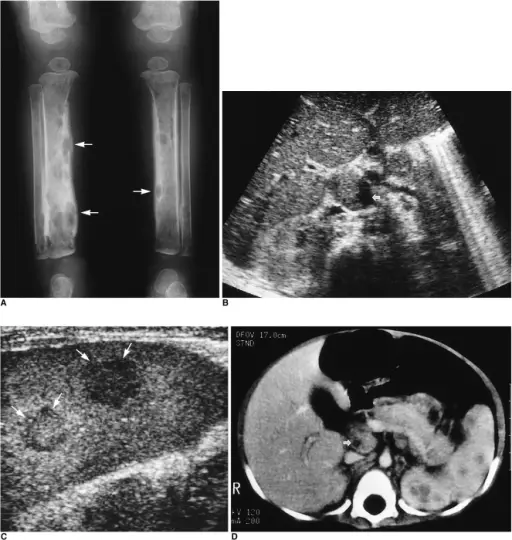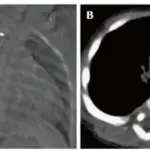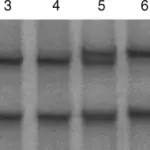Severe combined immunodeficiency is an inherited primary immunodeficiency disease that typically presents in infancy results in profound immune deficiency condition resulting in a weak immune system that is unable to fight off even mild infections.
What is the Pathology of Severe Combined Immunodeficiency?
The pathology of severe combined immunodeficiency is:
-Etiology: The cause of severe combined immunodeficiency is genetic defects that affects the function of T cells. Depending on the type of SCID, B cells and NK cells can also be affected.
-Pathogenesis: The sequence of events that lead to severe combined immunodeficiency are due to decreased number of lymphocytes or defective lymphocytes. This results in a defective immune response, leaving the affected individual susceptible to many infections.
-Morphologic changes: The morphologic changes involved with severe combined immunodeficiency include restricted growth and failure to thrive.
How does Severe Combined Immunodeficiency Present?
Patients with severe combined immunodeficiency are typically male due to the X-linked pattern of inheritance. Patients with severe combined immunodeficiency typically present by six months of age with infections by opportunistic pathogens. The symptoms, features, and clinical findings associated with severe combined immunodeficiency include frequent infections.
How is Severe Combined Immunodeficiency Diagnosed?
Severe combined immunodeficiency is diagnosed by a complete medical history and physical examination of the individual. Blood and genetic tests may help confirm the diagnosis.
How is Severe Combined Immunodeficiency Treated?
Severe combined immunodeficiency is treated by stem cell transplantation with immune cells that may have the ability to grow in the recipients body to ward off potential infections.
What is the Prognosis of Severe Combined Immunodeficiency?
The prognosis of severe combined immunodeficiency is poor. Infants with SCID usually die from infections within the first two years of life. After a successful stem cell transplant they may have an better of living a healthier life.



